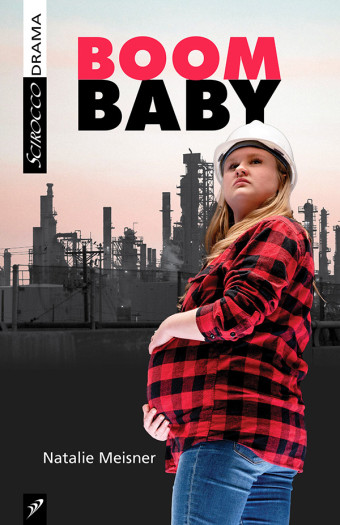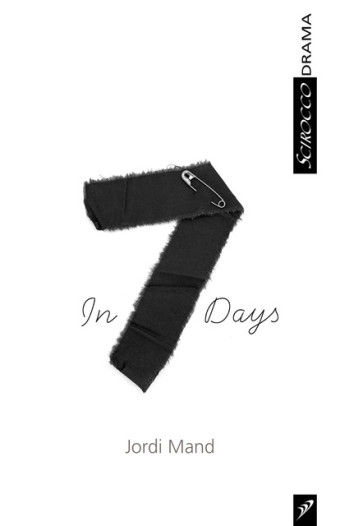Winnipeg playwright Rick Chafe describes his latest comedy, Marriage: A Demolition in Two Acts, as a “kind of a state-of-two-unions report: a 20-something couple that might start a marriage and a pair of Boomers whose marriage may have just about run out of rope.
“It’s about being baffled over what we’ve become, fearing what we might become, and a kitchen renovation gone terribly wrong.”

- Marriage
- Rick Chafe
- Playwrights Canada Press
- $17.95 Paperback, 152 pages
- ISBN: 978-17-70919-96-9
Chafe explains how personal experiences with his own home repairs sparked his reflection on marriage. “We renovated our kitchen, at about four times the amount we expected to pay, and fought non-stop all the way through. The play isn’t quite just me writing down verbatim the lines we yelled at each other, but maybe close.”
He recognizes that, as metaphor, the house is the centre of most conventional marriages and the kitchen a centre of family life. Houses are also an expensive part of most marriages, and he guesses finances are the cause of more marital problems than infidelity.
“It’s just a truth of marriage (and reality television) that we repeatedly think it’ll be easier to renovate our cabinets than take care of our marriage,” he says. “Who doesn’t have a story of the attempt to renovate the house that nearly ended in divorce?”
In his play, Chafe portrays marriage as both ordinary and complex. Ordinary in the sense that both the older long-married couple and the young newly engaged couple see marriage as a normal state of being. For the young couple, marriage is seen as a natural next step. For the older couple, marriage is a comfortable habit.

“But from simple beginnings, how can any marriage not immediately become complex?” says Chafe. “In North America it begins with love, then quickly ties in a deeply entwined economic relationship with commitments to jobs – the ‘old as time’ marital obligation of putting bread on the table – with mortgages, debt, vacation, and renovation, plus kids, resentments, obligations, co-dependencies, and other manipulations all piled on top of each other. And if we’re lucky – and/or comical – back to love.”
Both couples in the play raise challenging questions about lifelong commitments. “What does it mean to say you will love someone forever, I want to live with you for the rest of my life? How can we possibly know that, no matter what age we are? Is that a bold and wilful lie, is it bragging, is it the ultimate sales job, is it self-delusion? And yet it’s still the starting point for one of our society’s central institutions,” Chafe says.
The play is, he says, “a personal response of shock and disbelief that, after all the experience of the last 50 years or more of the contemporary disposability of marriage, people still get married at all.”
At the same time, Chafe is still with his wife for going on 30 years, so somehow it’s working for them. He says, “This disconnect between what we believe and how we behave, all in the face of the apparent reality around us, I think, makes good stuff for comedy, as it always has.”













